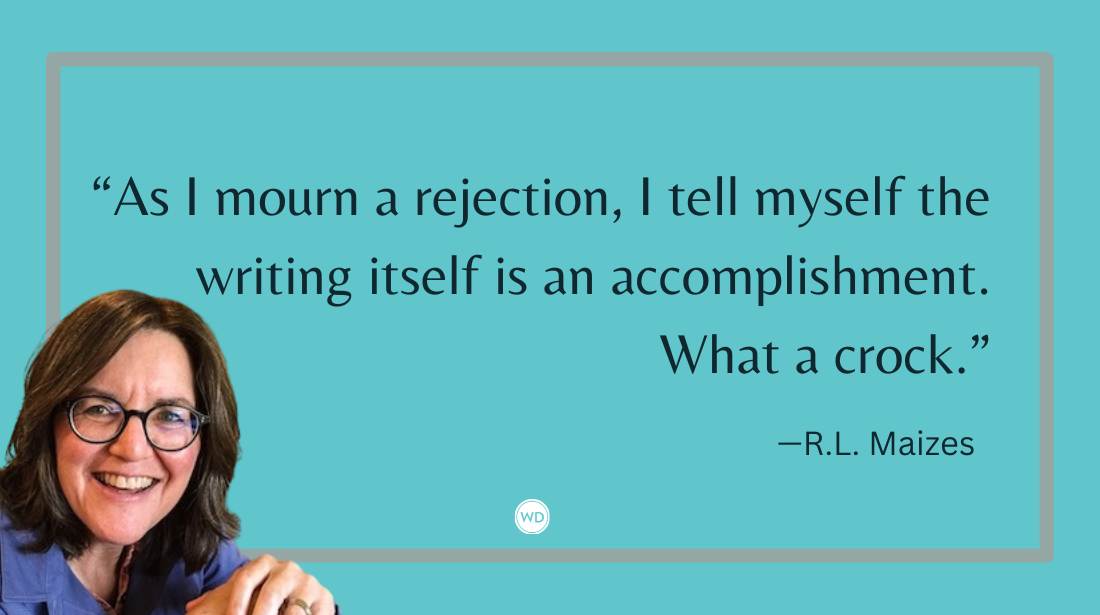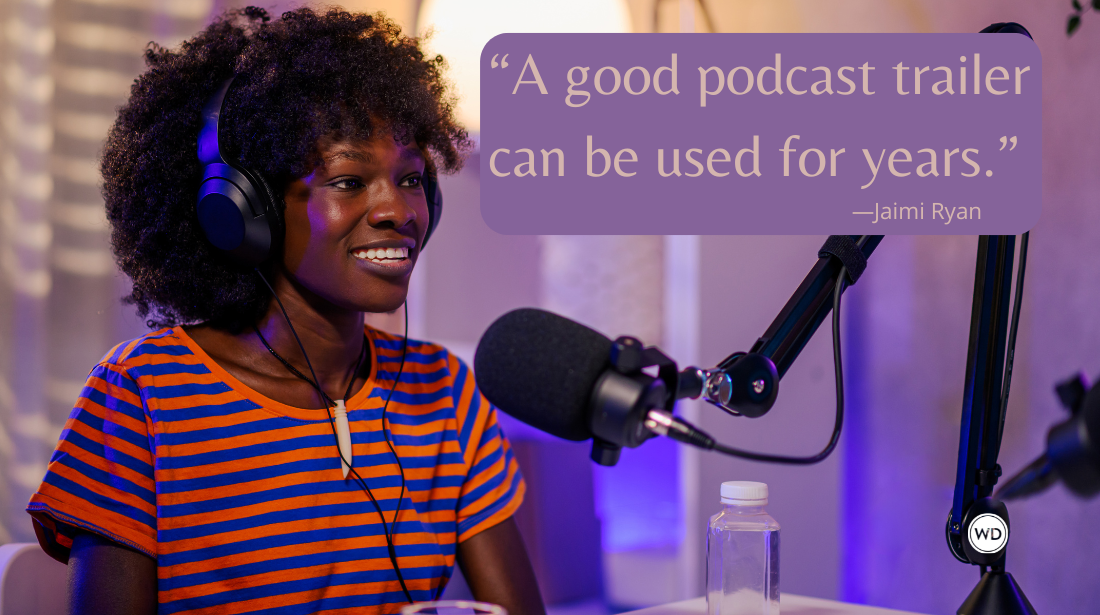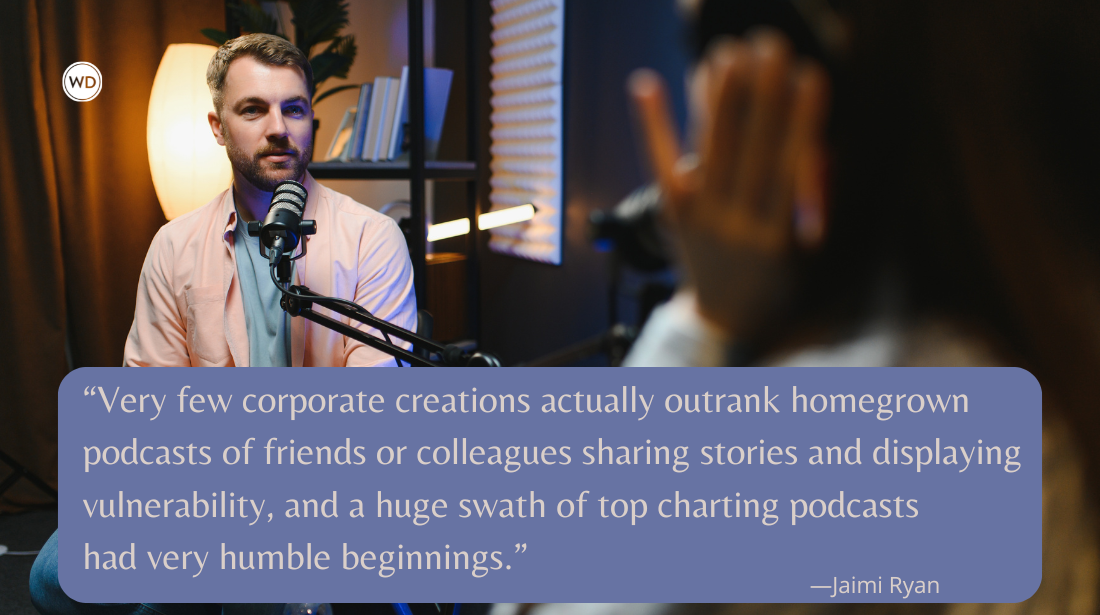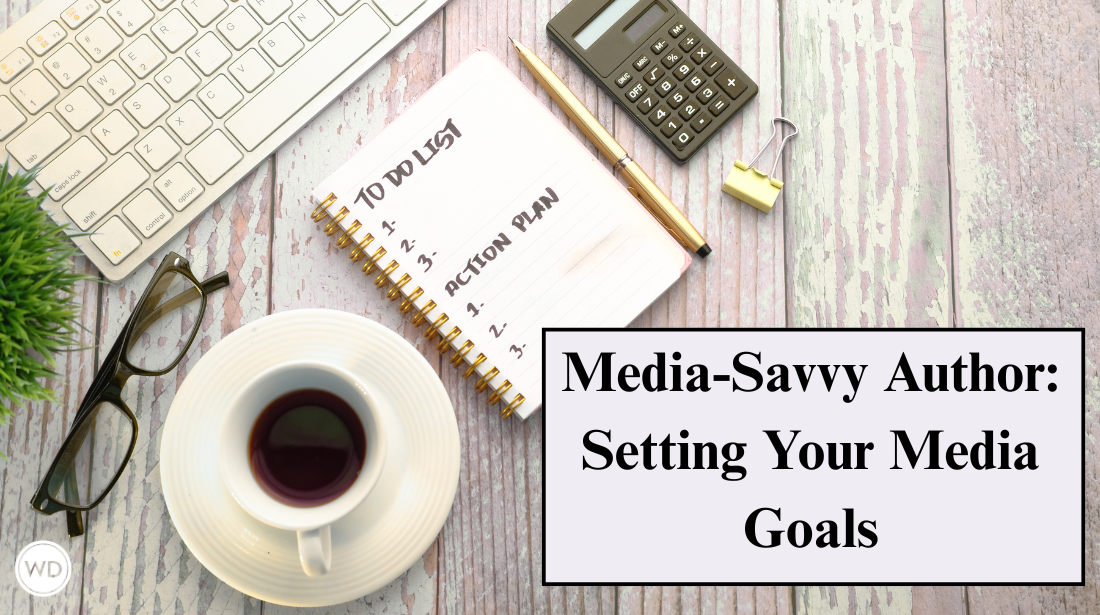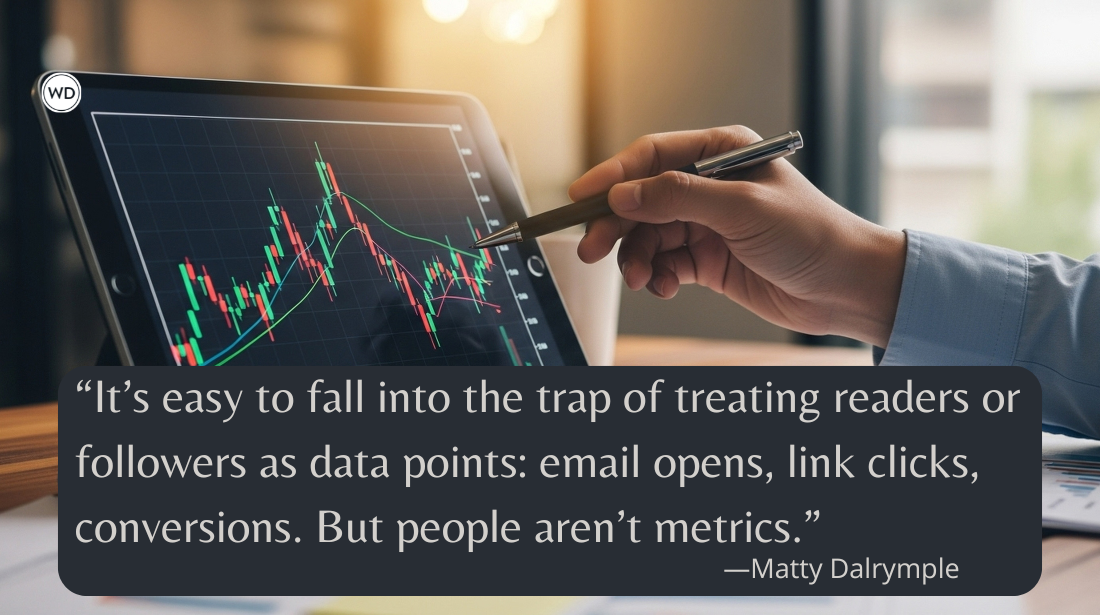What Writers Wish They’d Known Before Pitching
I’m posting from Muncie, Ind., where I’m speaking and networking with writers at the Midwest Writers Workshop. Through Saturday, I’ll be posting wisdom collected from MWW faculty. You can also…
I'm posting from Muncie, Ind., where I'm speaking and networking with writers at the Midwest Writers Workshop.
Through Saturday, I'll be posting wisdom collected from MWW faculty. You can also follow along on Twitter by searching for hashtag #mww10.
Today's post is a brief summary of Dennis Hensley's kick-off speech. His speech was inspired by all the people who evaluate the workshop each year (now in its 37th year), and list everything they wish they'd known the first day of the event! Hensley framed it as 12 things that matter to agents and editors when being pitched by writers.
EMOTION
The No. 1 thing that sells books is word of mouth, which is driven by the emotional power of the book. Editors look for that emotional element in a pitch: "What reason I would want to tell five or more people about this book? Would I be emotionally involved with this?"
AUDIENCE
Do you know who you're writing for? Who's going to buy your book? Why would anyone buy this book? Editors expect you to know who your readers are. You have to know how to convey your message to them.
STYLE
Is your style and voice distinctive or unique? Do you have originality? Don't be an also-ran. Find your own take on something.
LONGEVITY or TIMING
Is this work something that might stick around for a long time? Or is it a fad? Either way, you can win. Understand the way timing works in your genre or category.
CONTROVERSY
Is there any part of this book that might be censored? Would it get negative reviews from a segment of society? Would it draw lawsuits? This could play in your favor … or it could drive publishers far away from you.
COMPETITION
Does this publisher already have a whole slew of books on this topic? If so, you have to find your niche or unique angle. How will your book be distinctive or competitive in the marketplace?
EDITING
In short: The editors don't want to do any—they want clean manuscripts to come in. Hire a professional before submitting if you need to. Editors will always pick clean, ready-to-go manuscripts over those that need work.
POTENTIAL
What is the potential of you as a writer? You should have ideas and plans for many books, not just one book. Momentum makes the difference in a writing career. (You will have people who discover you at book 2, then go back for book 1. Then that effect is compounded with book 3, etc.)
PRODUCTIONCONCERNS
Does your project require special production values/tricks, or special funding, to work? Anything that drives up the cost of the book can complicate acceptance of your project.
PROMOTION
You have to promote your own book. Period.
PROFIT
How much money can the publisher make off your work in the long run? It's not just about book sales—but also audio, translations, downloads, movies, multimedia … all other subsidiary rights. Think in terms of the entire content package you have to offer that makes the deal more attractive—think beyond the book itself.
HONORS
Awards or potential for awards—as well as endorsements from big names—can make a difference.
Jane Friedman is a full-time entrepreneur (since 2014) and has 20 years of experience in the publishing industry. She is the co-founder of The Hot Sheet, the essential publishing industry newsletter for authors, and is the former publisher of Writer’s Digest. In addition to being a columnist with Publishers Weekly and a professor with The Great Courses, Jane maintains an award-winning blog for writers at JaneFriedman.com. Jane’s newest book is The Business of Being a Writer (University of Chicago Press, 2018).




